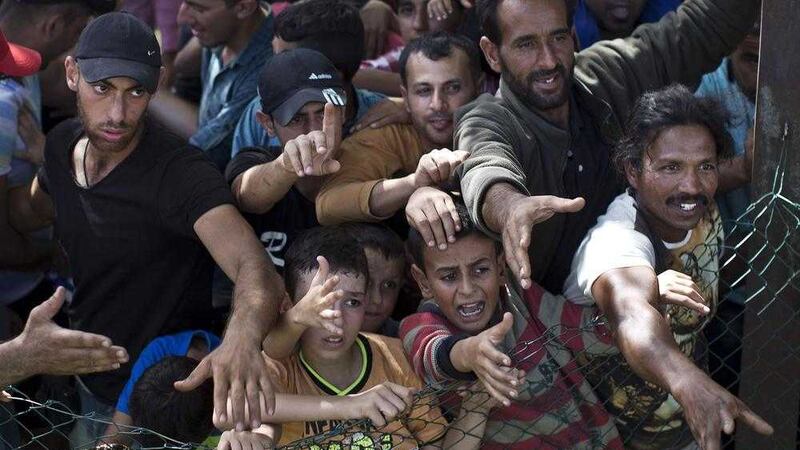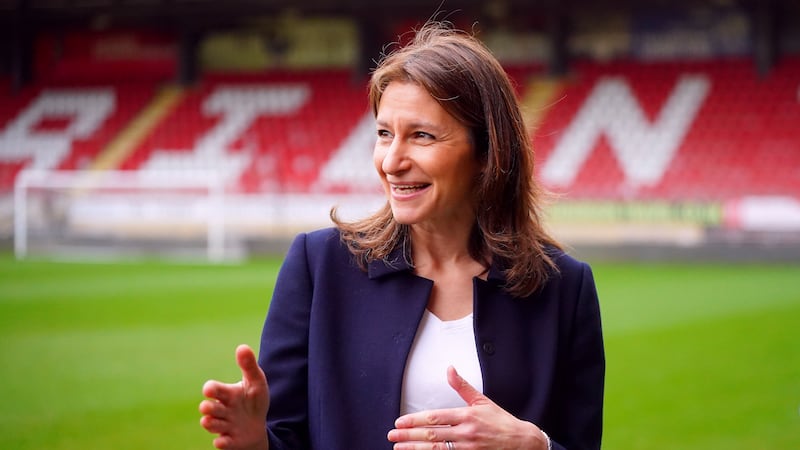CROATIA'S interior minister said his country cannot accept any more refugees after more than 7,000 arrived over the last few days.
The country had pledged to grant refugees free passage but minister Ranko Ostojic said anyone not seeking asylum there would be considered an illegal migrant.
Last night the minister said Croatia may close its border with Serbia if the high number of refugees arriving in the country continues.
In the last couple of days around 7,300 refugees have arrived in Croatia - around three times the number that arrived in the whole of last year.
Yesterday thousands of refugees pushed through police lines in the eastern Croatian town of Tovarnik after waiting for hours in the hot sun.
More than 2,000 men, women and children had been stuck at the local train station for hours. When buses finally arrived, groups charged toward them, overwhelming Croatian police.
Dozens were injured in the melee.
The Balkan nation is the latest hotspot on the road towards western Europe after Hungary sealed off its border on Tuesday with a razor-wire fence before using tear gas, batons and water cannon to keep people out.
Croatia represents a longer and more arduous route into Europe but those fleeing violence in their homelands have little choice.
After bus trips through Serbia, many migrants crossed fields on foot to enter Croatia, where dozens of police directed them to trains and buses heading to refugee centres. Authorities warned them to avoid walking in areas along the Serbian border that are still being de-mined from the country's 1991-95 war.
The refugees are unlikely to stay long in Croatia, where they must be registered. They can ask for asylum in Croatia, but almost all plan to travel on, passing through Slovenia and then Austria en route to Germany or the Scandinavian countries.
Fearing a surge of migrants from Croatia, Austria and Slovenia have called for an urgent, all-EU response. Both have reinstated border checks.
"We are being put to test," said Austrian Chancellor Werner Faymann. "This time we must prove that we don't want a Europe in which everyone will try to shift their problems to others' shoulders."
Hungary says it plans to build more fences along its borders, this time with Romania and Croatia.
But the EU's migration commissioner, Dimitris Avramopoulos, declared that walls and violence are not a solution and urged Hungary to work with the 28-nation bloc to alleviate the continent's migration crisis.
"The majority of people arriving in Europe are Syrians," Mr Avramopoulos said at a news conference in Budapest. "They are people in genuine need of our protection. There is no wall you would not climb, no sea you wouldn't cross if you are fleeing violence and terror. I believe we have a moral duty to offer them protection."








